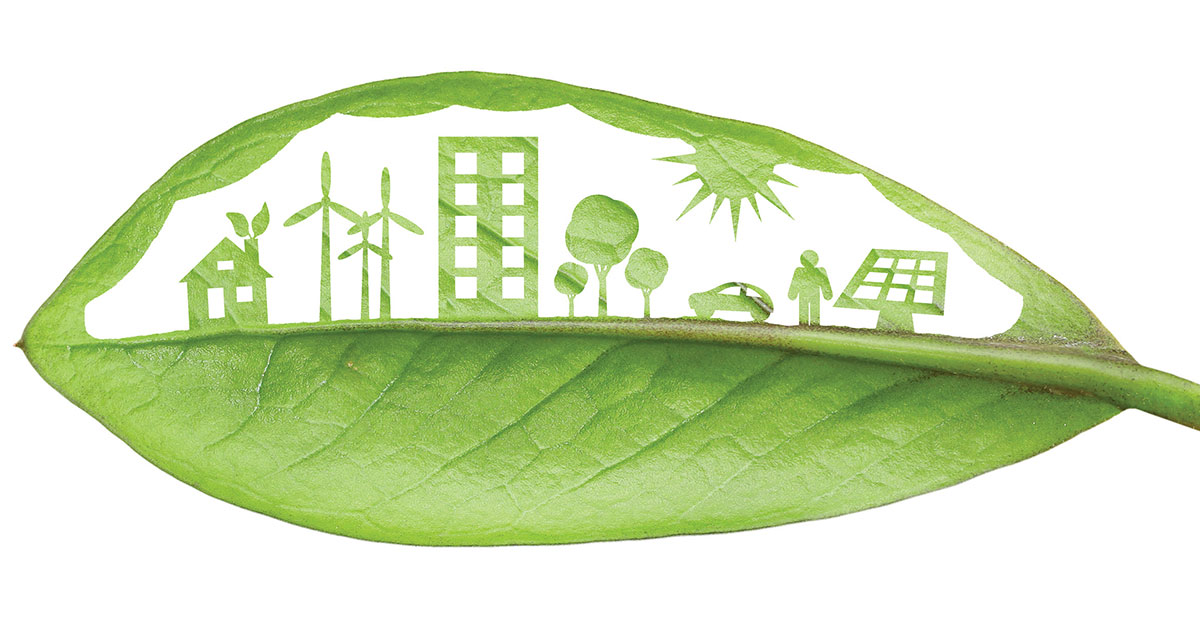Environmental driven holidays and events often foster curious children to ask, “What eco-friendly practices do we use in our home?” With a sigh of relief, it’s an empowering moment to identify a list in response. Often, there is a request to implement new changes at that precise second! You may recall a few useful ideas while others were quickly forgotten. The need to openly talk about sharing the responsibility to reduce, reuse, and recycle, and consciously find ways save energy and water adds to our “green” lifestyle.
At Home
Be Electricity Conscious: A good question to ask yourself is how many lights remain on throughout the day and evening. It begins with looking at how much electricity you are using on a daily basis. Is the answer simply turning off the switch, or investing in sensor lighting or solar lights?
Unplug: Change your tactic; instead of placing your computer in sleep mode, choose to “shut down” when it’s not in use. See how long you can walk away from technology! Take a walk or a hike, enjoy meals without technology, and allow phone calls to go to voice mail. The moment is now, enjoy it with the people surrounding you!
Use Less Water: Do you turn off the faucet when brushing your teeth? How many glasses of water do you pour out daily? Even a shorter shower could save you more than $70 a year.
House Plants: Add an ivy to your bathroom and a spider plant and peace lily to the living room. These wonderful plants will absorb the toxins in your home in exchange for purifying the air.
Cleaning
Refrigerator Coils: Lay on the floor with a flash light and look underneath the refrigerator. With gentle strokes, use a long, coarse brush to remove the debris. With frequent cleaning, the compressor will not be forced to work harder for longer periods.
The Refrigerator Door: How often do you say, “Close the refrigerator door!” Here is a perfect statistic: The waste of energy in opening the refrigerator door equates to a free load of washed laundry each week for a year.
Full Dishwasher/Washing Machine: Wait until the dishwasher is full and only wash a full load of laundry. These two “rules” can save thousands of gallons of water annually.
Dryer Balls: Toss six dryer balls into your next load and see how quickly your clothes, especially heavy loads, dry!
Hanging Laundry: Having a clothes line can ease your weekend loads, especially bedding, thick blankets and comforters.
Wash in Cold:Save the “hot” water setting for bed sheets, towels, and socks, and wash the rest in cold. You’ll save $40 annually, and still have clean clothes!
Read Labels: Most of your cleaning supplies contain harmful ingredients not available on the label. In fact, manufacturers will bundle a large percentage as “other ingredients.” Other natural alternatives are available, such as baking soda, vinegar, and soap, for instance.
Self-Sustaining Habits
Herb and Vegetable Garden: Why buy organic produce when you can easily grow your favorite herbs and vegetables? This one effort can alter your thought process about food, and how much you annually spend.
Fruit Trees: Do you have the space to grow two apple trees? An apple a day keeps the doctor away!
Composting: By composting banana, potato, carrot peels, crushed egg shells, coffee grounds, and shredded newspaper, for instance, you will notice a drastic reduction in the kitchen trash.
Rain Water Collection: Mother Nature offers a “free” gift: rain. If you contain the water in barrels or bury an underground tank, water is readily available to use.
Stop Unsolicited Mail: In five seconds, we sort through our mail, recycling 95% of the paper. If possible, alter what is received in the mail, including bills.
Bill Pay: Sign up for bill pay through your bank. You can schedule a one-time or monthly payment, and save money on stamps.
Shopping
Reusable Canvas Bags: It is an effort to be eco-friendly. With a system, you can start using washable canvas bags, and discard the question of what to do with so many plastic grocery bags!
Drive with Purpose: It takes methodical planning to combine several errands and stop running to the store for one item. And, following the speed limit adds to your green footprint, too. It all adds up! With every effort, families can save money and reap the rewards in a “greener” world.



















